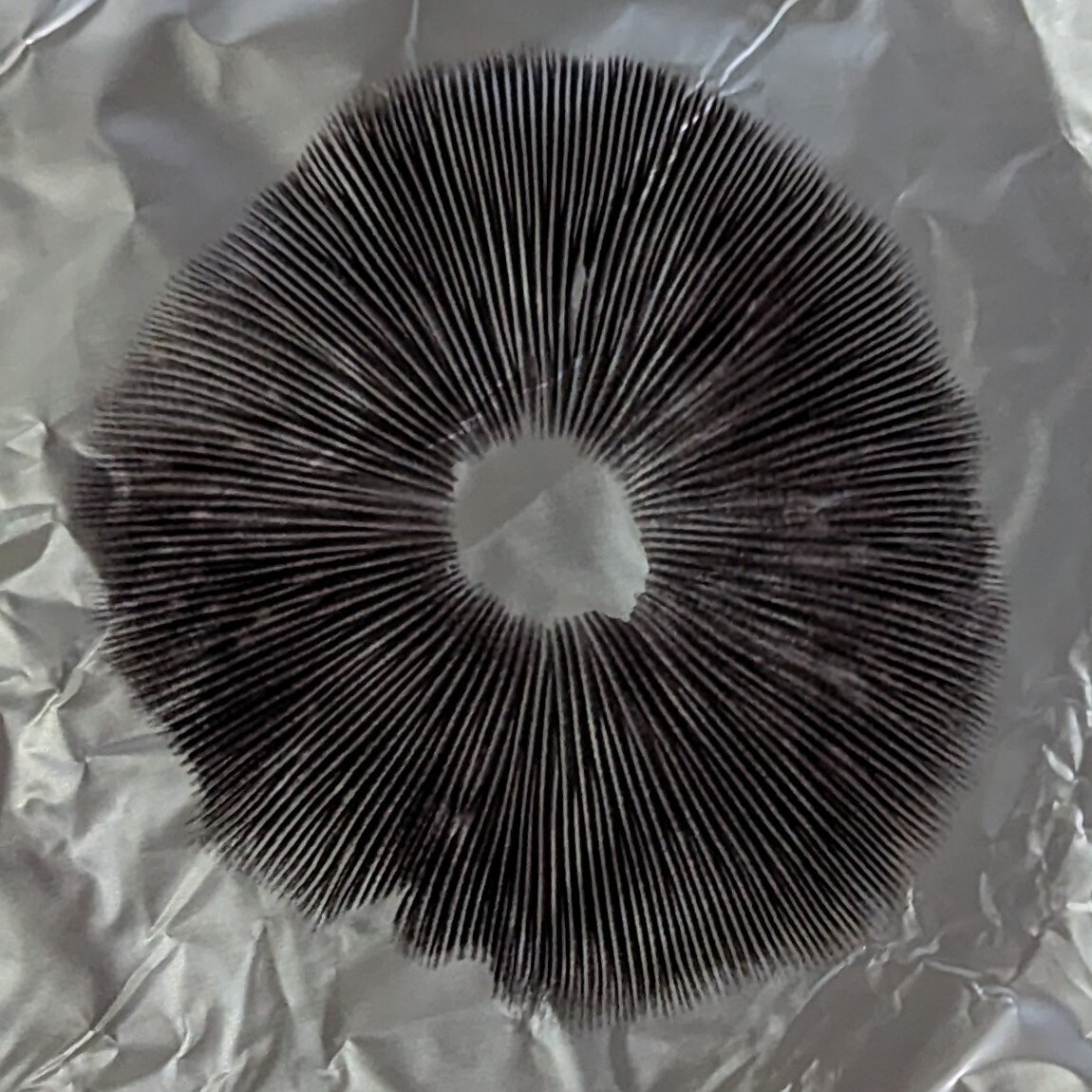
Copyright holders can claim damages for copyright infringements that occurred years or even decades ago, the U.S. Supreme Court has clarified. In a majority decision, the Court rejected the lower court’s argument that there’s a three-year time limit for damages. Older claims are fair game, as long as the lawsuit is filed within three years of ‘discovering’ an infringement.
A copy of the Supreme Court Decision, written by Justice Elena Kagan, is available here
Eternal copyright damages. This sounds like a safe and reasonable decision by our ever respectable Supreme Court.
You forgot to mention how democratically chosen its’ members are.
Hmm, need to figure out how I can trace my lineage back to the first recorded musician so that I can trademark some chords then go after every record label to have ever existed.
Then I’ll try to track down the first ever written script so I can go after the movie industry next
You’re missing the most important element. Disgustingly large pile of money that you can use to drag out a suit until the other end folds.
Just send letters en masses to smaller players who can’t afford lawyers. Use those payments to hire lawyers to go after influencers and the next rung up… Use those payouts to hire even more lawyers, etc
I WAS THE FIRST TO ADD A 9 TO A C NOW EVERY ACOUSTIC COVER FROM 1988 TO 2004 OWES ME $6
The fuck outta here
The headline is misleading, but the article reports it correctly.
In copyright law in the US, there is a 3-year statute of limitations. However, some jurisdictions follow the “discovery rule.” This is a court-made doctrine that allows a lawsuit to be filed beyond 3 years if the plaintiff can show they only discovered the infringement after the statute of limitations ran out, with some other extenuating factors. However, there is also the issue of damages. Under a sister legal doctrine, damages that are more than 3 years old have been barred regardless of whether the discovery rule allows a lawsuit. Effectively negating the discovery rule.
The Supreme Court in this situation held that damages follow the discovery rule. Meaning, if the discovery rule applies, then damages can be sought. The Court explicitly said it wasn’t ruling on whether the discovery rule applied.
The decision doesn’t expand or create the discovery rule that allows lawsuits beyond 3 years. That already existed.
Interestingly, this is a rare time when I agree with Gorsuch on the dissent. He basically said, “The damages is moot because the discovery rule is made up and shouldn’t even apply, so the majority is wasting its time even entertaining that damages can be sought.”
Sexual assault victims have a time limit. Copyright infringement “victims” do not. Tracks.
Think of the kids
Copyright itself has a time limit so… Who would be able to make a claim on a thing after it becomes public domain? 🤨
The time limit is a century or so, so that’s something our descendants can figure out.
Just after they figure out the climate, I suppose
We need to shut down the Supreme Court until we figure out what the hell is going on
Oh we know what is going on already. The court has been stacked in a way that usually favors corporate and authoritarian interests, with justices frequently receiving gifts that aren’t always disclosed.
There’s an SOL on rape in most scenarios.
But no statute of limitations on copyright violations? WTF?
So we can sue AI for a fuck ton of cash? Sweet!!!
Thanks liberal justices, very cool!
deleted by creator








